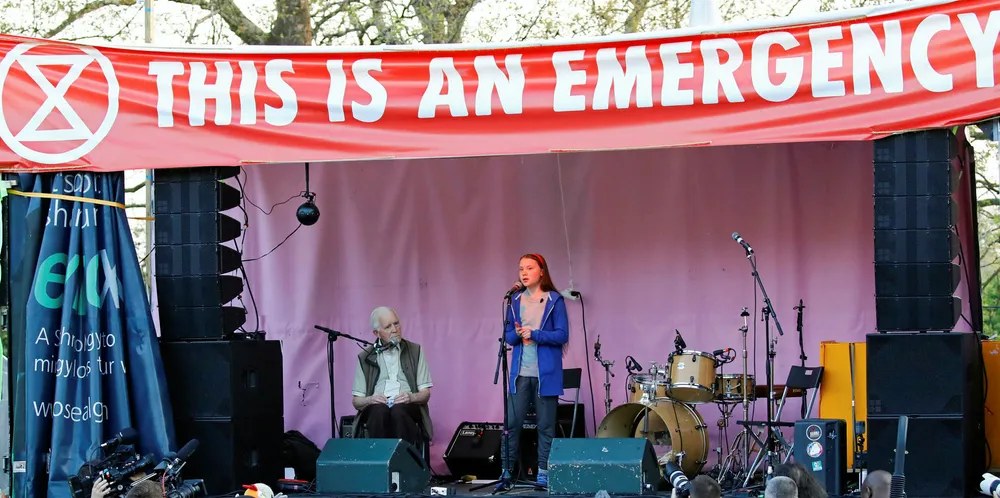Why climate activists are powerful new allies for renewables
ANALYSIS | Climate protests have made little impact on government policies, but that will soon change — with wind and solar reaping the benefit — argues Leigh Collins

ANALYSIS | Climate protests have made little impact on government policies, but that will soon change — with wind and solar reaping the benefit — argues Leigh Collins
